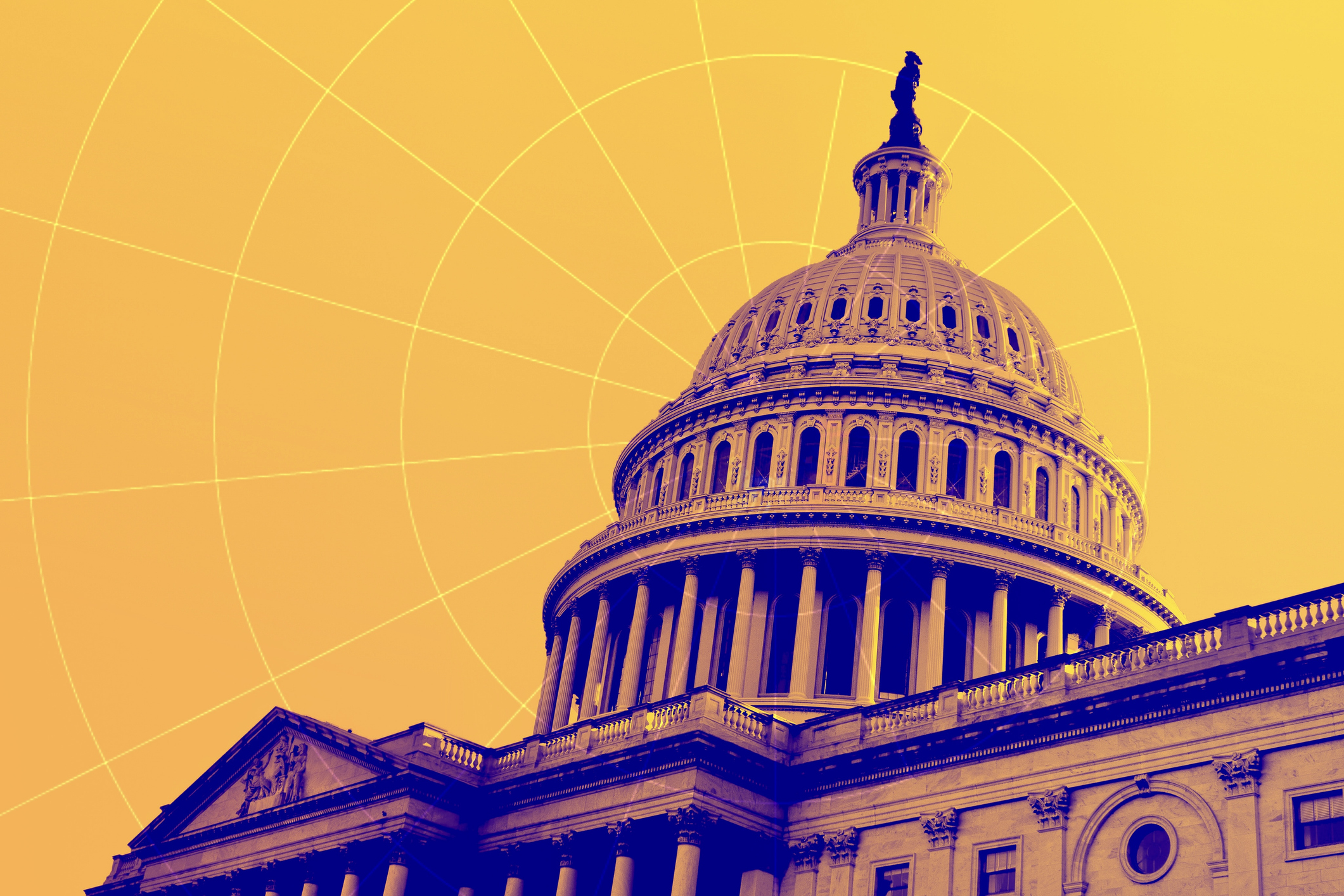DRAM prices start to tumble
PC memory chip prices are now starting to fall, after a year of steady prices.


Dynamic random access memory (DRAM) has started to drop in price for the first time in over a year, according to a new analyst study.
The Gartner Semiconductor Monday DQ report has shown the first drop in the RAM used for PC memory chips since early 2009 and predicted the decrease will continue throughout the rest of the year.
"Gartner expects to see mild ASP (average selling price) declines for the remainder of 2010," the report said.
It claimed DRAM had made up 15 per cent of the cost of materials in mid-range PCs thanks to a price hike a few years ago.
It also claimed manufacturers had to be firmer with DRAM makers to get the prices to a more reasonable level.
The price tag for a standard 1GB 1066MHz DDR3 DRAM chip had been set at around the $3 mark for the earlier months of the year but June saw this drop to $2.40.
The drop in cost should consequently lead to a drop in PC prices in the coming months.
Get the ITPro daily newsletter
Sign up today and you will receive a free copy of our Future Focus 2025 report - the leading guidance on AI, cybersecurity and other IT challenges as per 700+ senior executives
A report released earlier this month by analyst firm iSuppli showed the global PC market had grown by almost a quarter in the first three months of 2010, with shipments rising to 81.5 million units from 66.5 million during the same period in 2009.
Jennifer Scott is a former freelance journalist and currently political reporter for Sky News. She has a varied writing history, having started her career at Dennis Publishing, working in various roles across its business technology titles, including ITPro. Jennifer has specialised in a number of areas over the years and has produced a wealth of content for ITPro, focusing largely on data storage, networking, cloud computing, and telecommunications.
Most recently Jennifer has turned her skills to the political sphere and broadcast journalism, where she has worked for the BBC as a political reporter, before moving to Sky News.
-
 Should AI PCs be part of your next hardware refresh?
Should AI PCs be part of your next hardware refresh?AI PCs are fast becoming a business staple and a surefire way to future-proof your business
By Bobby Hellard
-
 Westcon-Comstor and Vectra AI launch brace of new channel initiatives
Westcon-Comstor and Vectra AI launch brace of new channel initiativesNews Westcon-Comstor and Vectra AI have announced the launch of two new channel growth initiatives focused on the managed security service provider (MSSP) space and AWS Marketplace.
By Daniel Todd
-
 Nearly half of all digital initiatives still fail – here’s how you can learn from the ‘digital vanguard’ and deliver success
Nearly half of all digital initiatives still fail – here’s how you can learn from the ‘digital vanguard’ and deliver successNews With most digital initiatives are failing to deliver, CIOs are urged to work more closely with other executives
By Emma Woollacott
-
 IT services spending set to surge in 2025 as CIOs shift to AI partner solutions
IT services spending set to surge in 2025 as CIOs shift to AI partner solutionsNews Organizations are set to shift from buying generative AI solutions to implementing partner solutions, according to Gartner
By Ross Kelly
-
 Businesses still don’t know who’s accountable for AI at executive level
Businesses still don’t know who’s accountable for AI at executive levelNews Executives are unclear on where the buck stops in terms of AI management
By George Fitzmaurice
-
 Gartner reveals the top trends for government technology use in 2024
Gartner reveals the top trends for government technology use in 2024News Five key areas that public sector CIOs will need to address to improve citizen services
By Emma Woollacott
-
 Return to office mandates can be divisive - here are three things business leaders can do to help smooth the transition
Return to office mandates can be divisive - here are three things business leaders can do to help smooth the transitionAnalysis With return to office mandates having sparked major spats between workers and employers, leaders need to consider how they can make changes attractive and effective
By George Fitzmaurice
-
 Global IT spending set to reach $5 trillion in 2024 amid optimistic industry outlook
Global IT spending set to reach $5 trillion in 2024 amid optimistic industry outlookNews IT spending growth in 2024 is expected to be more than double that of 2023
By George Fitzmaurice
-
 What will drive IT spending in 2024?
What will drive IT spending in 2024?In-depth Generative AI spending is unlikely to be high despite the hype, but sustainable technology will become a bigger priority.
By Rich McEachran
-
 Half of jobseekers turned down offers last year amid growing demands on employers
Half of jobseekers turned down offers last year amid growing demands on employersNews An increasingly competitive talent landscape means employers are being forced to offer a wider range of incentives
By Ross Kelly